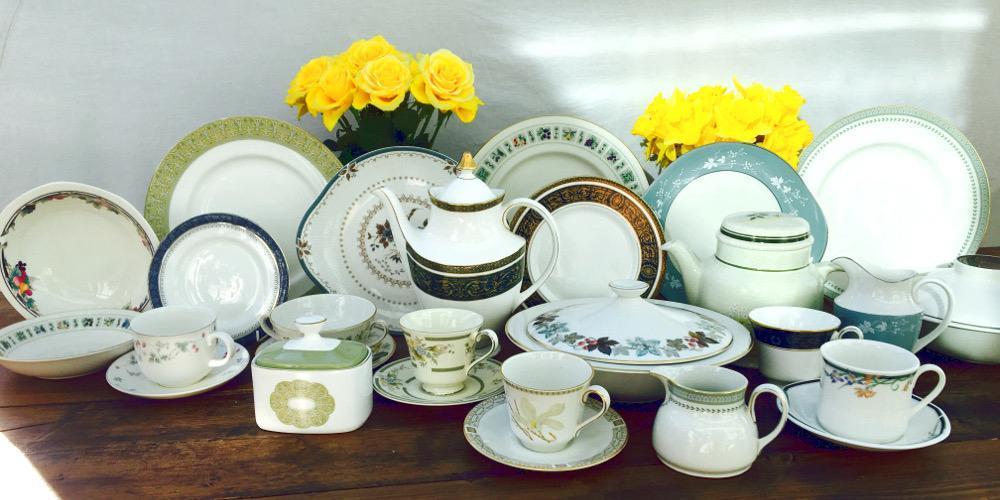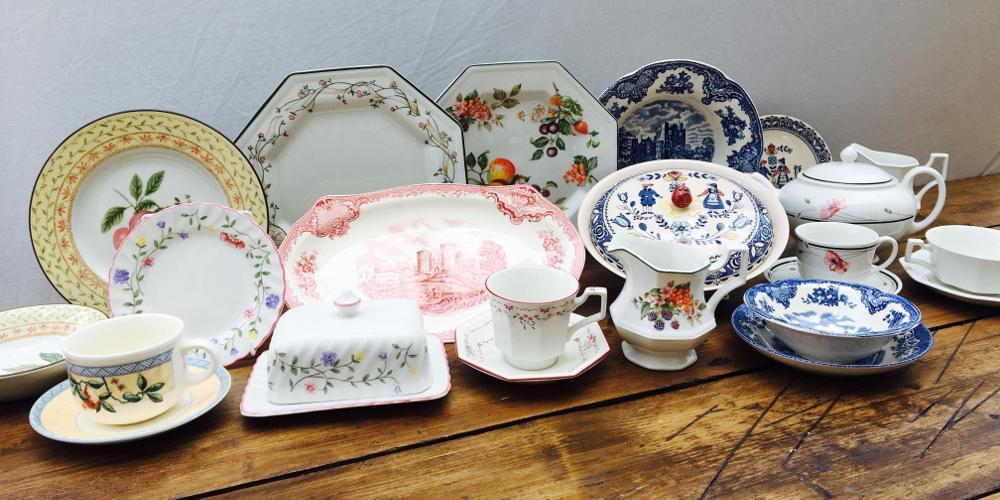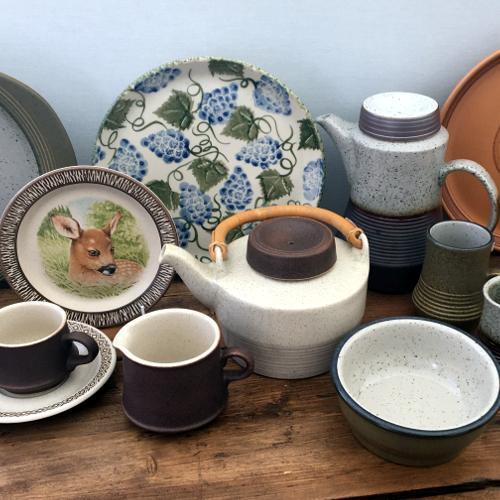Tableware Blog — A Brief History
The History of Royal Doulton
Posted by Mike Eley on
Royal Doulton was a company widely known for creating some of the highest quality collectibles and tableware in the world. It was created in 1815 by John Doulton, Martha Jones and John Watts, and it was designed to primarily create luxury ceramics, at least in the beginning. But as time went by, the company expanded to create porcelain products, glassware, lighting, curtains, linens, jewelry, giftware, dinnerware, and many others. The company started as a partnership between the three founders. However Martha Jones left the company in 1820. That’s when the first name change occurred, with the business being renamed to...
- Tags: A Brief History
The History of Johnson Brothers Pottery
Posted by Mike Eley on
Johnson Brothers is a pottery known for introducing early semi-porcelain tableware. Founded by Frederick and Alfred Johnson way back in 1883, the brothers were actually the grandsons of renowned English potter, Alfred Meakin, which no doubt helped to stir up interest in their new pottery venture. They started with simple wares of flow blue porcelains, but as they expanded, more variety was introduced, specifically with the introduction of transferware for which they established a name for themselves early on. In 1888, their elder brother Henry joined the business venture as well. Henry produced his wares in a factory named the...
- Tags: A Brief History, Johnson Brothers
Pottery Focus: Purbeck Pottery
Posted by Mike Eley on
Purbeck Pottery's origins are not that old when compared to many of the UK's best known potteries. It wasn't until 1966 when a small group led by Stanley Laws formed a new limited company and purchased premises, previously owned by the Branksome China group, in Seamoor Road, Westbourne, Dorset. Interesting, all but one of the founding Directors were ex employees of the more famous Poole Pottery. Together they recognised the growing demand of the time for stoneware tableware and decorative items; a demand that Poole Pottery were struggling to meet due to their already over burdened production capacity. The founding...
- Tags: A Brief History, Purbeck Pottery



